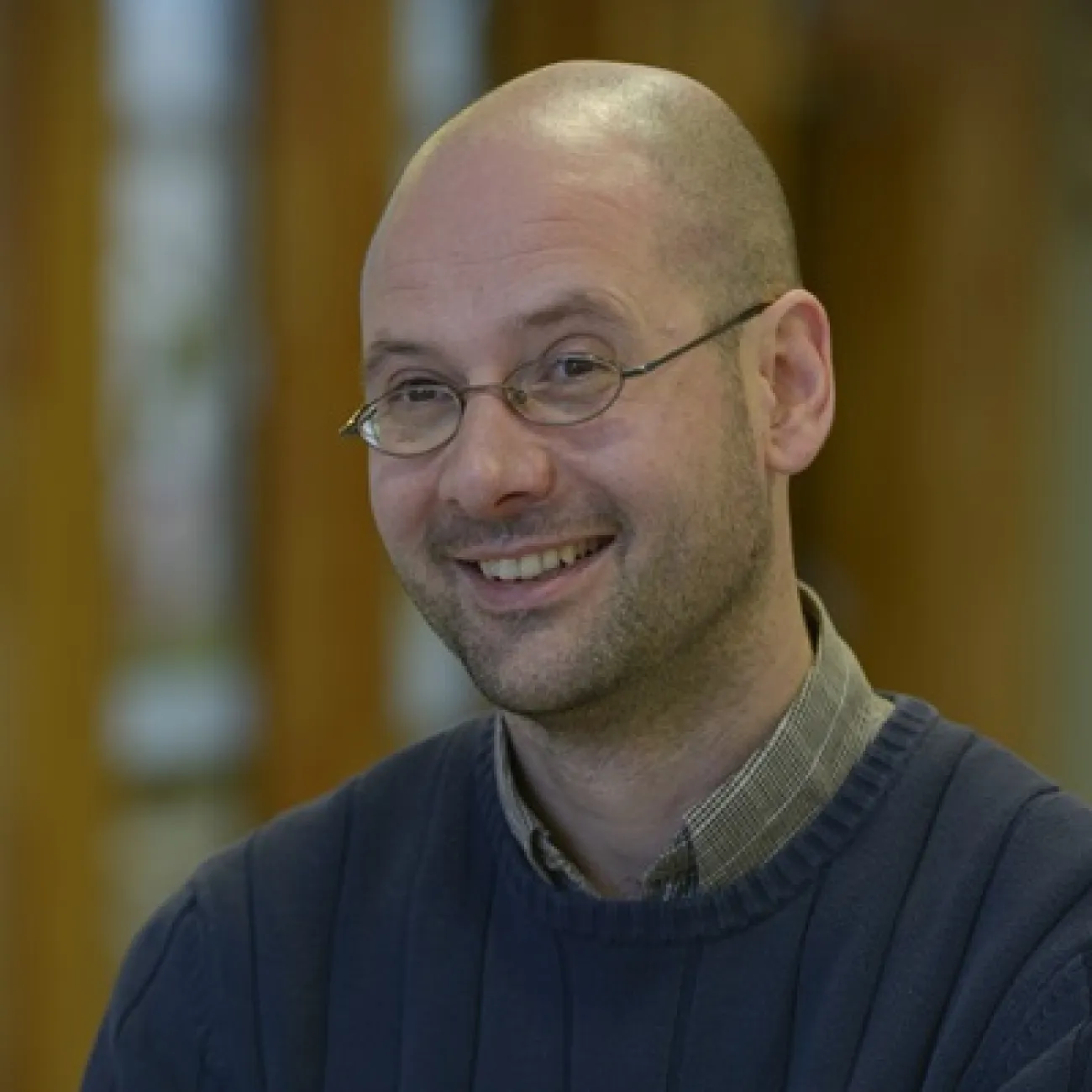About
In his capacity as Associate Professor of Biological Sciences Dr Herman Wijnen oversees research in Biological Timing with a focus on the molecular and cellular mechanisms underlying daily rhythms in animal behaviour and physiology. His research team is part of research groups in Neuroscience and Plants and Food Security as well as the Institute for Life Sciences. The Wijnen Lab uses invertebrate research models to study signaling pathways underlying processes such as the sleep/wake cycle, feeding and oviposition.
Herman leads the Neuroscience Research Group for the School of Biological Sciences, serves as a member of the management board of the South Coast Biosciences Doctoral Training Partnership and acts as the Academic Lead for the Invertebrate Research facility. He contributes to Undergraduate and Postgraduate teaching as module coordinator, lecturer, academic tutor, examiner and project supervisor. Herman has external roles as member of the Pool of Experts for BBSRC and as journal editor.
>>>Feel free to contact Dr Wijnen to discuss research project options if you are a student applicant interested in pursuing a research degree under his supervision for a PhD in Biological Sciences (link) or a Master of Research in Advanced Biological Sciences (link). We are currently recruiting applicants for the following PhD project Molecular basis of winter adaptation in the invasive horticultural pest Spotted Wing Drosophila at University of Southampton on FindAPhD.com .<<<
